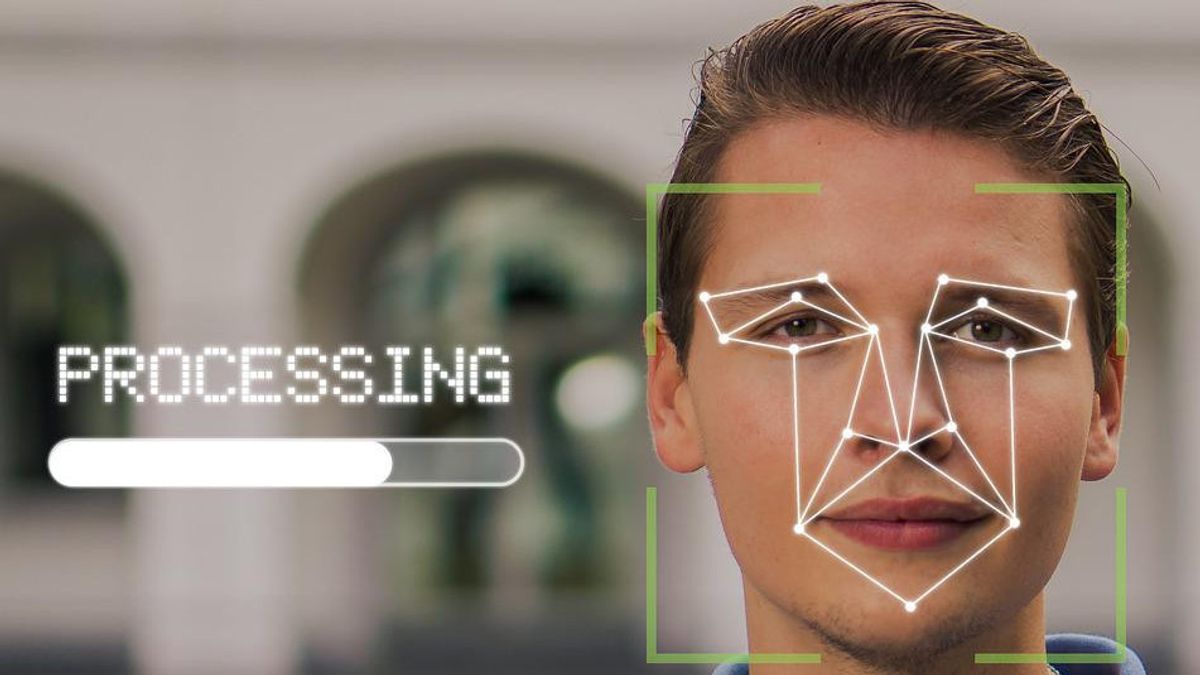JAKARTA - Microsoft Corp. announced on Tuesday, June 21 that it will stop selling technology that guesses a person's emotions based on facial images and will no longer provide unrestricted access to facial recognition technology.
The move reflects the efforts of these leading cloud providers to rein in their own sensitive technology as lawmakers in the United States and Europe continue to weigh comprehensive legal limits.
Since at least last year, Microsoft has been reviewing whether the emotion recognition system is rooted in science.
"This effort raises important questions about privacy, the lack of consensus on the definition of 'emotion,' and the inability to generalize the relationship between facial expressions and emotional state across use cases, regions, and demographics," said Sarah Bird, lead group product manager at Azure unit. Microsoft AI, in a blog post.
Existing customers will have one year before losing access to artificial intelligence tools meant to infer emotion, gender, age, smile, facial hair, hair and makeup.
Alphabet Inc's Google Cloud last year also started a similar evaluation, as first reported by Reuters. Google has blocked 13 planned emotions from its tool for reading emotions and placed four existing ones for review, such as joy and sorrow.
The technology overloaded a new system that would describe gestures such as frowning and smiling, without trying to associate them with emotion. Google did not immediately comment on the matter when asked for confirmation.
Microsoft also said customers must now obtain approval to use facial recognition services, which allow people to enter websites or open locked doors via facial scanning.
The company asks clients to avoid situations that violate privacy or where technology might be difficult, such as identifying minors, but does not explicitly prohibit such use.
The English, Chinese, Japanese, Arabic, and French versions are automatically generated by the AI. So there may still be inaccuracies in translating, please always see Indonesian as our main language. (system supported by DigitalSiber.id)








